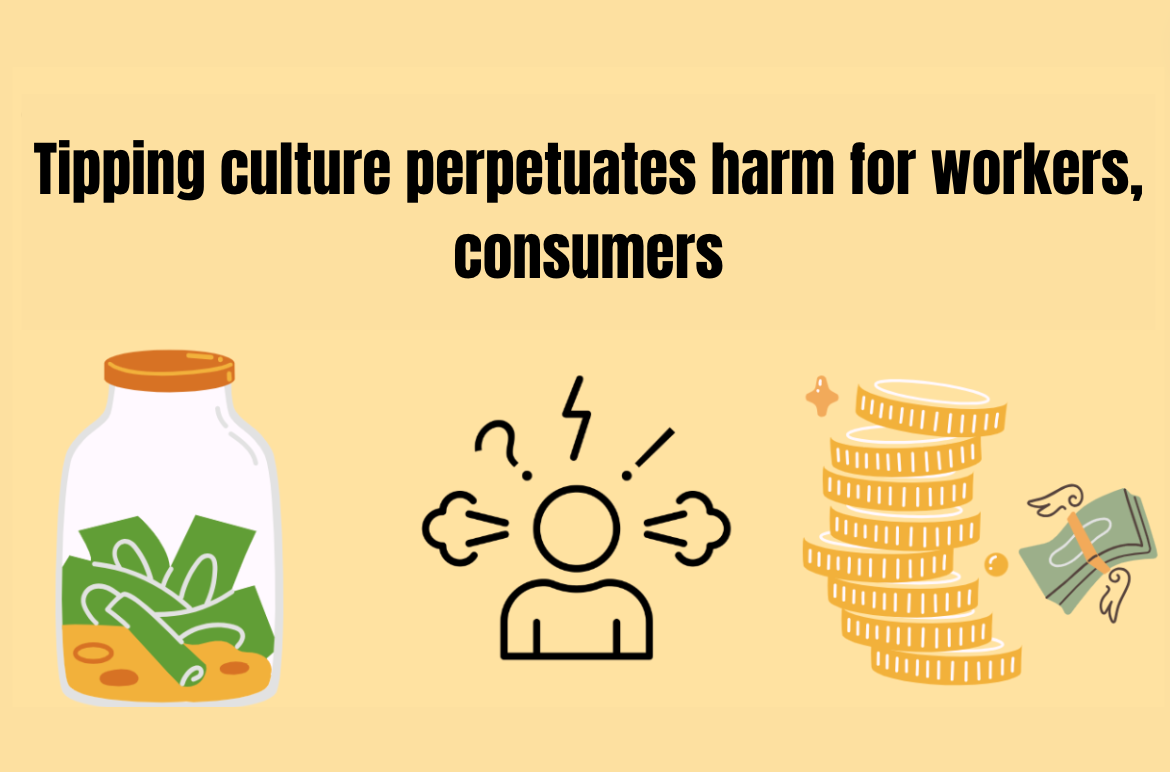When Learning Specialist Greg Cole asked our Modern Philosophy and Literature class why we get out of bed in the morning, and went around the table asking each student their answer, I was a little bit dumbfounded. I get out of bed because I do, full stop. I couldn’t comprehend the point of our conversation: The fact of the matter is that every one of us does get out of bed, so it’s irrelevant to ask why.
However, as we went around and said our answers – “because I have to,” “to go to school,” “to get to college eventually,” “because my alarm is ringing” – I realized that our conversations mostly evolved around theories and hypothetical situations that were impossible to find answers to outside the confines of our own heads, filled with our own biases and experiences. The repercussions of these discussions were very real.
The reason we get out of bed affects how we get out of bed, just as the way we view the world affects how we live. It isn’t enough to go through the motions and live as we are expected to; I believe that it is important for every single student to make some attempt at understanding where those expectations come from, and to put their conclusions, or lack thereof, within the larger reference frame of a worldview, and that’s what philosophy is all about.
There is no doubt that religion and philosophy have been moving forces in the world throughout history. Our actions are motivated, at their core, by how we perceive the world around us. It is hard to defend an action or belief without a fundamental worldview to put that belief in its place: Are we selfish because we truly believe that the world is ruled only by our own egoism and there is no higher order? Are we giving because we believe that a God is telling us to give? I think that without confronting these questions it is hard to understand our motivations on a deeper level and to confront our decisions.
I’m not saying that every high school student should understand the mysteries of the universe. I do believe, however, that it is important for students to be pushed to come to a greater understanding of the world around them and the great questions.
This quest is important not only because it will help students have greater conviction, as it would help us to understand why we are passionate about the things that we are passionate about and why certain issues are important, but also because it would help us learn how to think critically and to empathize with others.
Philosophy consists of a lot of deep thinking and issues. Throughout our lives, we will encounter plenty of problems we will never 100 percent know the answers to, and we will be confronted with a lot of tough challenges. The kind of deep and theoretical thinking that philosophy requires is the kind of thinking that will serve us well for the rest of our lives.
Another thing we will encounter in our lives is people who believe different things from us, and who are guided by a thought, religion, or philosophy that we disagree with. If we don’t truly understand how they came to that conclusion or why they believe what they believe, or even what it is exactly that they do believe, it will be much harder to understand and empathize with that person. By learning about a variety of worldviews, we are inevitably opening ourselves up to not only a deeper understanding of the world, but also its people, no matter what we personally believe.
We are at a crucial point in our development and the views that are forming in our minds now will have a significant effect on the way that we think for the rest of our lives. If the unimportance of philosophy, or religion, or the study of epistemology, has been ingrained in us throughout our studies. If we are only taught about how the world functions around us, and not why, I think that a disinterest in and lack of value attributed to philosophy and the meaningful repercussions that comes with it will stay with us just as much as all the chemical compounds or important historical dates we’ve learned, and those things aren’t enough.
Without seriously being pushed to examine our role in the world, all of our knowledge would give us the toolbox but not the ability to exercise those tools because we haven’t tried to conceive the best and most proper way to apply our knowledge in the world, or even what knowledge is in the first place.
With everything else going on in our high school lives, it’s reasonable that we aren’t spending all of our free time contemplating the meaning of life, which is why I think it is so important that the study of philosophy becomes a bigger part of the school curriculum, with the semester-long English class becoming mandatory.
I’m not saying that we all need to discover what the meaning of life is before mid-June of the year of our graduation, but I am suggesting that it is a serious mistake for us to not be pushed to apply ourselves to consider that question, even just a little bit, as we are developing in high school. By considering deep questions we can become more thoughtful, compassionate, and empathetic people.
kate_kennedy@asl.org








